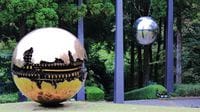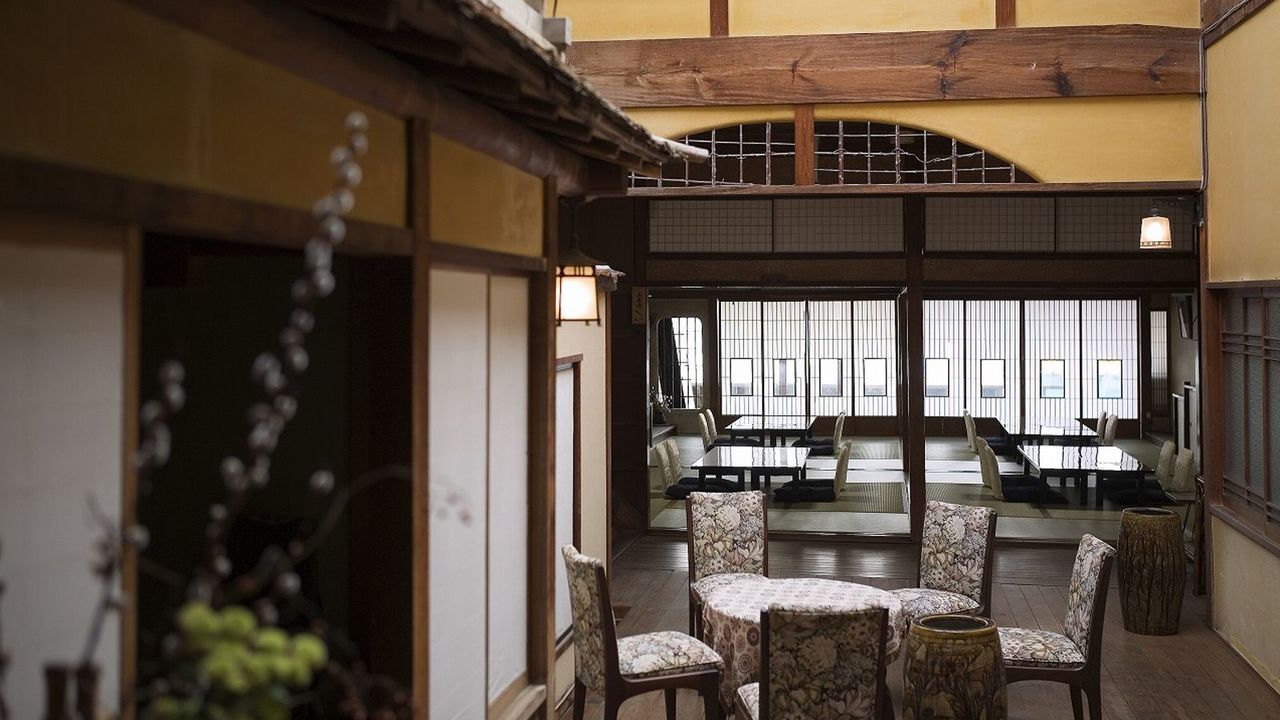
Museums aren’t the only place to study up on cultural history. In Japan, historical ryokans (inns) not only encompass the atmosphere of the past, you can actually stay in them to experience history firsthand.

Established as far back as the 1700s, these historical ryokans once functioned as quaint getaways for Japan’s great writers, royalty and political figures over the years. Today, many of these inns still operate and continue to charm the visitors with flavors of the past. To take you back to yesteryear, we invites you to a collection of historical inns loved by iconic cultural figures, all of which are registered tangible cultural heritage sites. Get ready to travel back in time!
Sekizenkan Hotel (Main Building)
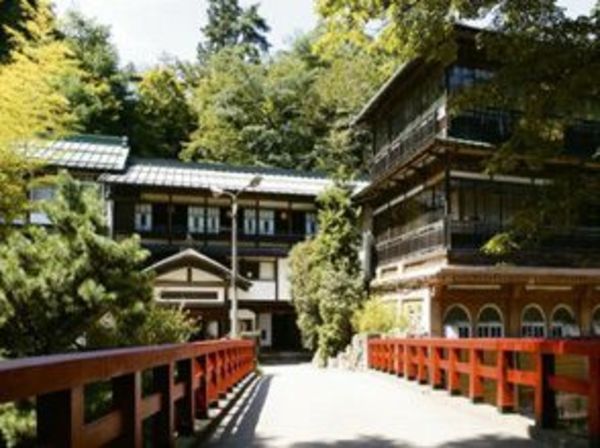
Reportedly the oldest wooden hot spring inn in Japan, ranging back over 300 years since its establishment in 1691, this rare inn has preserved the distinct atmosphere of its traditional architecture. This tangible cultural heritage site of Gunma prefecture has been in business as a therapeutic bath accommodation, having healed thousands of travelers since its establishment. The red bridge that leads to the inn inspired the model bridge in the movie “Spirited Away” (“Sen to Chihiro no Kamikakushi”).
UENOYA
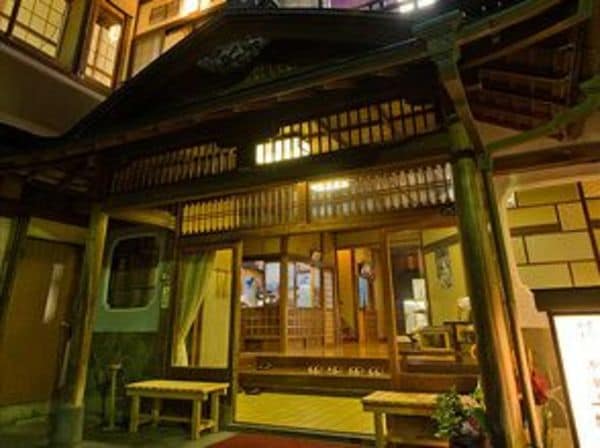
This venerable inn has the longest history in Yugawara. The carpentry technique is visible in every facet of the building, from the windows to the hallways, and the rooms are rich in feeling, each featuring a unique design. In the Edo period, the famous Shogun warrior Mito Mitsukuni paid regular visits. The outdoor spa and the footbath is newly renovated, but you can still experience the historical charm.
MASUYA RYOKAN
With its white-walled storehouse and quaint wooden three-story inn building, into which the wind and snow from the Meiji period have carved their signature, this inn is famous in connection with the iconic poet, Toson Shimazaki. It was featured in numerous films for its unique historical heritage.
Gero Onsen Yunoshimakan
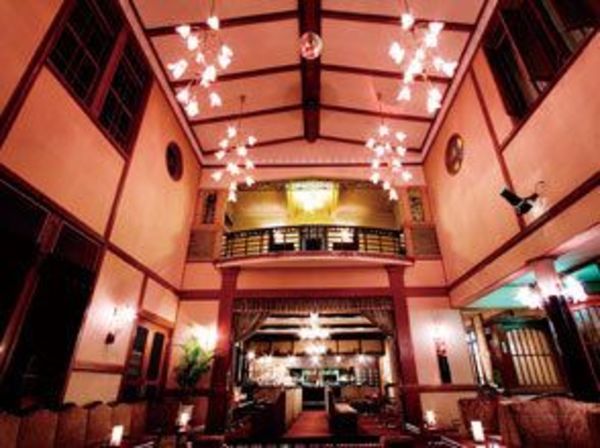
The construction of this inn, with its fusion of wooden Japanese-style and modern Western-style architecture, was designed and directed by the then cutting-edge architect, Eiji Niwa. It was designed around the traditional-styled rooms with an emphasis on comfort. Guests can also relax in the open-air bath that boasts a great view of the surrounding landscape, and enjoy traditional kaiseki cuisine featuring fresh seasonal dishes.
YASUDAYA RYOKAN
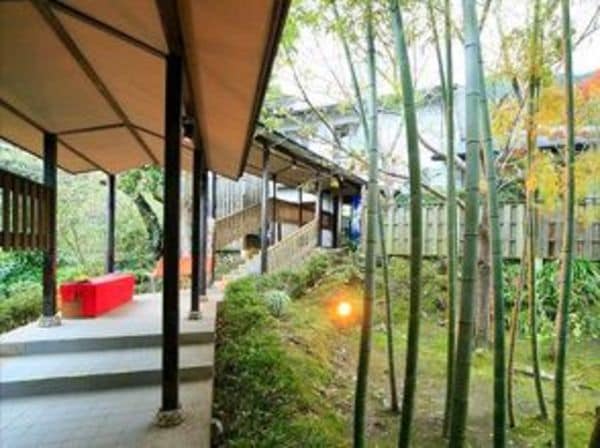
Since its establishment in 1887, the inn’s classic architectural style and the commitment to the design visible in various details throughout the inn has attracted many repeat travelers. This historical Japanese inn is also famous in connection with Osamu Dazai. Guests can unwind while soaking in the inn's open-air hot spring baths and large communal baths, just like old times.
Arai Ryokan
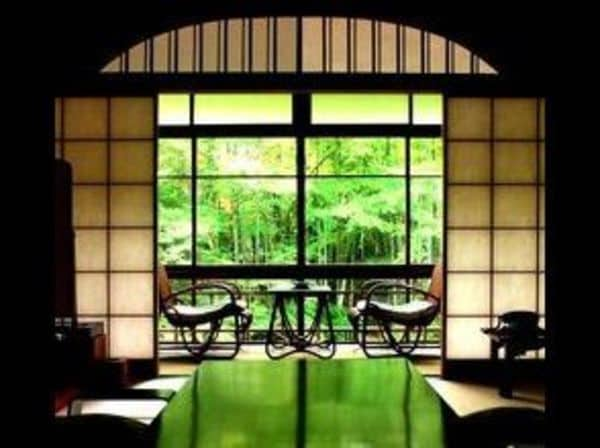
Steeped in history and surrounded by the beautiful, calming nature of Izu, Arai Ryokan exudes a quintessential Japanese charm. Glancing at the superb, classical architecture of the inn, it's not hard to see why the building has been classified as a Registered Tangible Cultural Property. The inn has several hot spring baths for relaxation, and a calming Japanese garden where guests can reflect and unwind.
Senzairo
Founded in 1764, this inn, designed in a classical Japanese style, is surrounded by the azure of the sky and the embrace of the green mountains. Guests can fully enjoy the beauty of any season from the windows. Recommended for those looking for a relaxing experience in a room with a true sense of history.
Seikiro
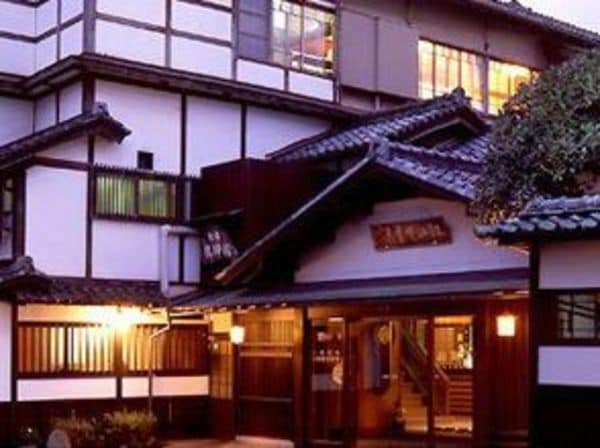
Seikiro, a 3-storey wooden building located in Mikami, Kyoto, has a rich history of over 100 years and prides itself on being a "small scale art museum". The premise is decorated with art from the Edo Period (1603-1868) to the Meiji Period (1868-1912) when it was frequented by various poets, authors and other artisans. This inn adds a whole new definition to the concept of “historical” inns.
KAMIGOTEN
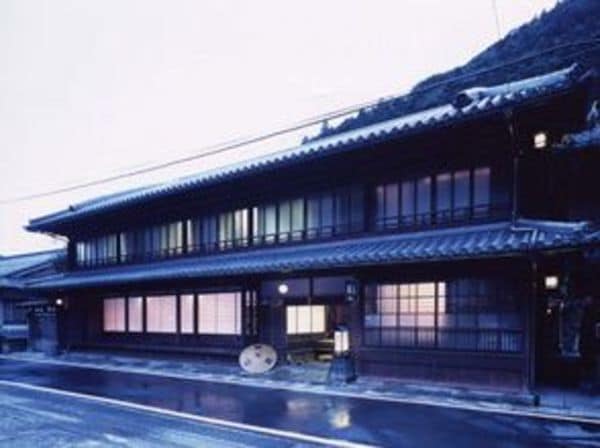
You can almost feel the breath of the people who passed through this inn as it flourished in the Edo period. Built for a visit by Yoshinobu Tokugawa to the hot springs in 1657, the room he stayed is still kept to this day. Guests can enjoy a relaxing soak in the ryokan's large communal baths and private open-air hot springs, reminiscent of the way people had done centuries ago.
RYOKAN MIHOKAN Kunibunkazai no Yado
This is the only inn still in operation that is registered as a national cultural asset in Japan. The accommodations are in a separate building, but breakfast is served in the original inn. The historic interiors of the inn evokes a nostalgic sense of how people used to live in the old, simpler times.


